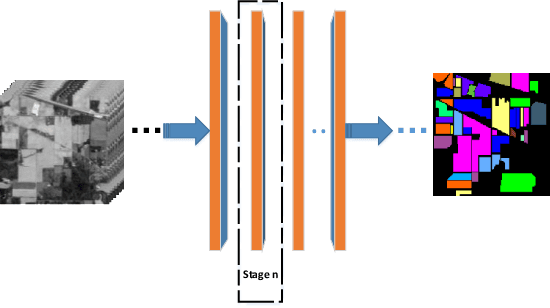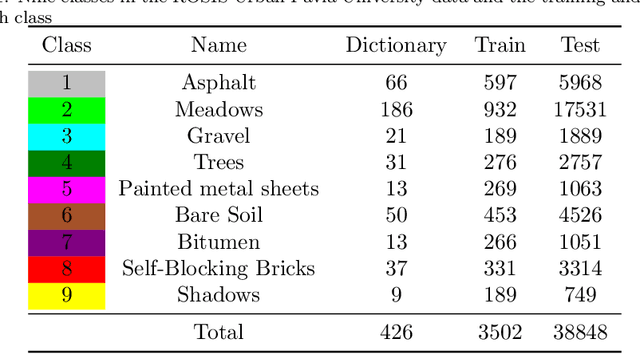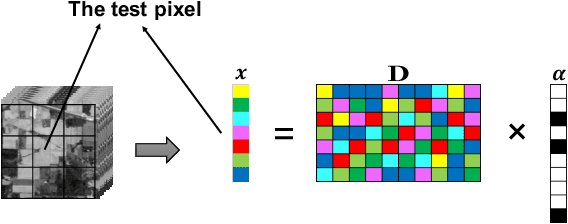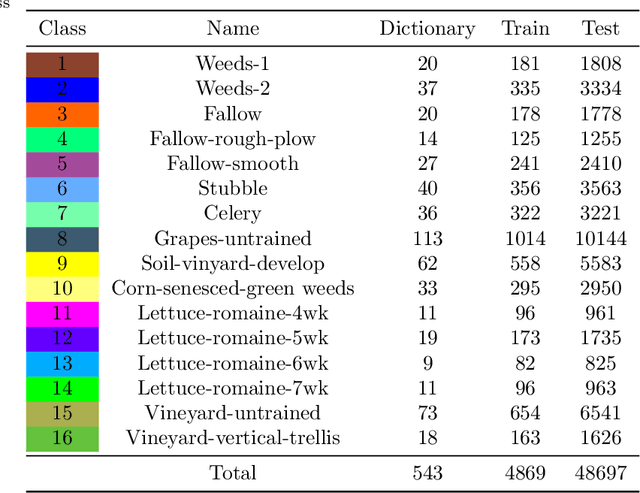Jingwen Yan
Learning the irreversible progression trajectory of Alzheimer's disease
Mar 10, 2024



Abstract:Alzheimer's disease (AD) is a progressive and irreversible brain disorder that unfolds over the course of 30 years. Therefore, it is critical to capture the disease progression in an early stage such that intervention can be applied before the onset of symptoms. Machine learning (ML) models have been shown effective in predicting the onset of AD. Yet for subjects with follow-up visits, existing techniques for AD classification only aim for accurate group assignment, where the monotonically increasing risk across follow-up visits is usually ignored. Resulted fluctuating risk scores across visits violate the irreversibility of AD, hampering the trustworthiness of models and also providing little value to understanding the disease progression. To address this issue, we propose a novel regularization approach to predict AD longitudinally. Our technique aims to maintain the expected monotonicity of increasing disease risk during progression while preserving expressiveness. Specifically, we introduce a monotonicity constraint that encourages the model to predict disease risk in a consistent and ordered manner across follow-up visits. We evaluate our method using the longitudinal structural MRI and amyloid-PET imaging data from the Alzheimer's Disease Neuroimaging Initiative (ADNI). Our model outperforms existing techniques in capturing the progressiveness of disease risk, and at the same time preserves prediction accuracy.
Hyperspectral Image Classification Based on Adaptive Sparse Deep Network
Oct 21, 2019



Abstract:Sparse model is widely used in hyperspectral image classification.However, different of sparsity and regularization parameters has great influence on the classification results.In this paper, a novel adaptive sparse deep network based on deep architecture is proposed, which can construct the optimal sparse representation and regularization parameters by deep network.Firstly, a data flow graph is designed to represent each update iteration based on Alternating Direction Method of Multipliers (ADMM) algorithm.Forward network and Back-Propagation network are deduced.All parameters are updated by gradient descent in Back-Propagation.Then we proposed an Adaptive Sparse Deep Network.Comparing with several traditional classifiers or other algorithm for sparse model, experiment results indicate that our method achieves great improvement in HSI classification.
 Add to Chrome
Add to Chrome Add to Firefox
Add to Firefox Add to Edge
Add to Edge